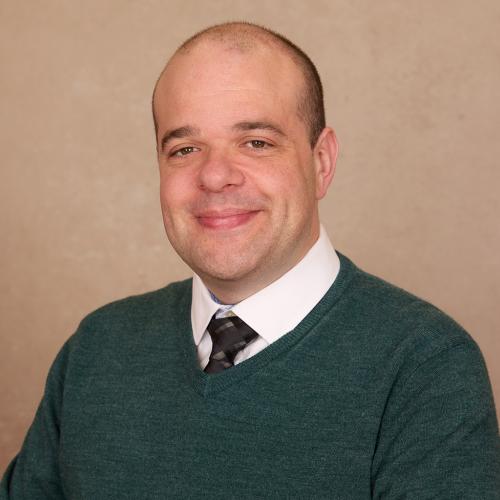Assistant Professor Peter Darch will discuss problems with reproducibility in research at the European Association for the Study of Science and Technology (EASST) 2018 Conference, which will be held July 25-28 at Lancaster University in the UK. EASST brings together a variety of disciplines, with many members having qualifications in both natural science/engineering and social sciences. The theme of this year's conference is "Meetings – Making Science, Technology, and Society Together."
In his talk, "Too much, too soon? Emerging domains of science and the logic of reproducibility," Darch will examine how requirements for reproducibility are at odds with practices in emerging domains of science. He presents a five-year study of an emerging domain, subseafloor biosphere research, involving multidisciplinary studies of seafloor microbial life.
"Typical of many emerging domains, subseafloor biosphere research is characterized by methodological heterogeneity, limited access to data, disparate approaches to data management, and even disagreement about what is considered 'data,'" he explained. "Many research workflows are exploratory, drawing together diverse datasets from multiple sources and employing an array of methods. If scientific integrity comes to entail reproducibility, the credibility and maturation of subseafloor biosphere research could be harmed. Instead, conceptions of integrity should remain pluralistic."
Darch has conducted longitudinal case studies of the Center for Dark Energy Biosphere Investigations, a National Science Foundation Science and Technology Center studying interactions between microbial life and geochemical processes in the seafloor, and of the Large Synoptic Survey Telescope, a large telescope project under development.
Prior to joining the iSchool faculty in 2015, Darch served as a postdoctoral researcher at the University of California, Los Angeles, where he worked in the Center for Knowledge Infrastructures. He continues to collaborate with this center on studies of the building, running, and effects of information infrastructures that support scientific collaboration. At Illinois, Darch holds an affiliate appointment at the National Center for Supercomputing Applications. He received his PhD in computer science from the University of Oxford and master’s degrees in the history and philosophy of science and medicine from Durham University and in mathematics from the University of Oxford.
